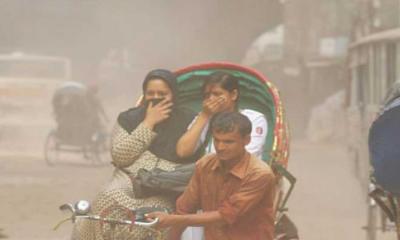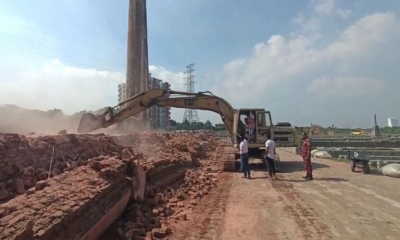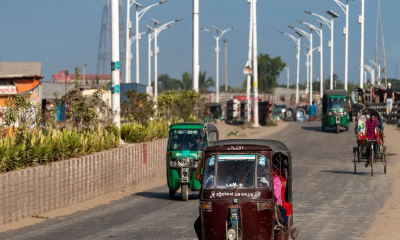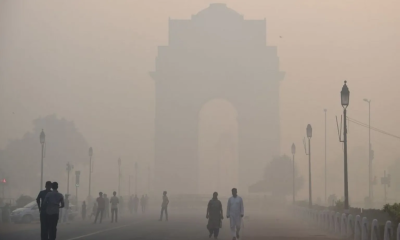A recent World Bank report has highlighted the grave consequences of environmental pollution in Bangladesh, particularly impacting vulnerable groups like the poor, children, the elderly, and women. According to the report, over 272,000 people died prematurely in 2019 due to various forms of pollution, including air pollution.
The report, titled `The Bangladesh Country Environment Analysis (CEA)`, underscores the significant toll of environmental degradation in the country. It identifies air pollution, unsafe water, poor sanitation, and lead contamination as major contributors to premature deaths and approximately 522 crore sick days annually.
Of all pollutants, indoor and outdoor air pollution is the most harmful to health, with its economic impact amounting to 8.3% of the GDP in 2019.
The report raises particular concern about the impact of pollution on children, highlighting the irreversible damage caused by lead poisoning, which results in an estimated loss of 20 million IQ points per year. Household use of solid fuels for cooking is a significant source of air pollution, disproportionately affecting women and children. Additionally, various forms of waste, including industrial waste and unregulated plastics, have severely degraded the quality of Bangladesh`s rivers.
In response to these findings, the report emphasizes the urgent need for interventions to mitigate air pollution, improve water quality and sanitation, and prevent lead contamination. It suggests that timely action in these areas could prevent over 133,000 premature deaths annually. The report advocates for investments in green energy generation, the adoption of eco-friendly cooking fuels, and stringent regulatory measures to curb industrial pollution.
Speaking at the report`s release event, Ana Luisa Gomez Lima, a senior environmental expert at the World Bank and co-author of the report, emphasized Bangladesh`s potential to reverse environmental degradation through targeted policies and initiatives. She stressed the importance of bolstering environmental protection measures, incentivizing green energy adoption, and raising awareness to promote sustainable green growth.









-20251226051932.jpeg)

-20260305071113.webp)




-20260304091720.webp)






-20260303080739.webp)














-20260228064648.jpg)
